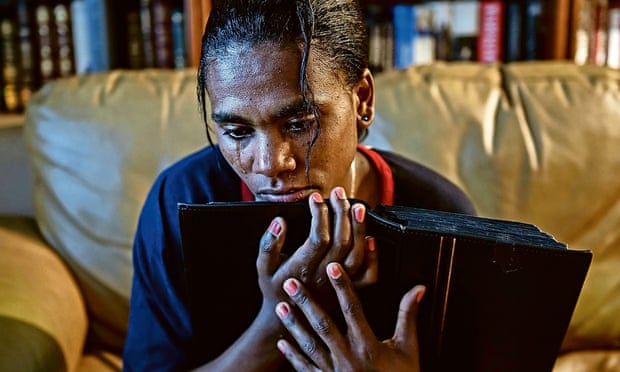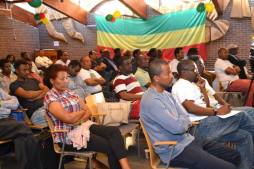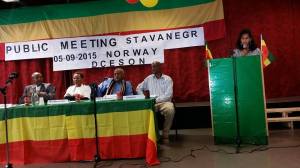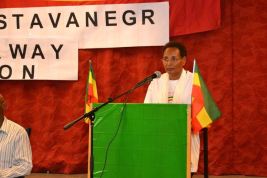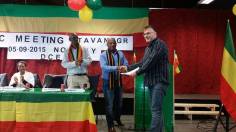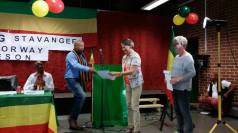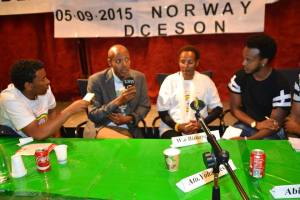Athletes who suffered political persecution face an anxious wait to find out if their asylum claims are successful and they can resume their careers
G
enet Lire locked herself in a bathroom stall at Dulles International Airport and hid. The clock was ticking. If she was found, she would have to get on the plane and return home. She feared she would be locked up again, probably beaten, and her family terrorised. The time passed slowly: five minutes, 10, 15, 20. Feet tapped on the tile floor. Doors opened and closed. Every noise and shuffle made Lire’s chest tighten.
This was supposed to be a quick layover. Lire was a 17-year-old sprinter from Ethiopia, in the US to compete in the 2014 International Association of Athletics Federation (IAAF) World Junior Championships in Eugene, Oregon. But she had no intention of reaching the starting line. She and her team-mates flew in from Addis Ababa. They rushed to their gate, watched their bags board the big jet, and that’s when Lire saw her chance, slipping away to the bathroom as the flight began to board.
She didn’t know it at the time, but not far from Dulles, in and around the Washington area, there was an entire community of Ethiopian runners in similar situations. They were beaten and persecuted back home, almost all for political reasons. They feared for their lives and sought asylum in the US, most putting their promising running careers on hold for the chance at stable and safe lives. About three dozen Ethiopian runners have congregated in the Washington area, many in just the past three years, and 12 agreed to share their stories.
Some requested their full names not be used, fearful their families in Ethiopiawould face retribution. The details vary, but some threads are consistent: they all had been imprisoned but never charged; most used visas they’d received through their track careers to flee; they were all beaten; and many have struggled to acclimatise to a new life, far from family and lacking the time and resources to continue running competitively. “They get here and are physically and emotionally traumatised,” said Kate Sugarman, a doctor who has treated many. “Some can’t even run because of injuries they suffered during beatings. I think they’ve lost their confidence and arrive here without a lot of hope.” The runners have varying skill levels, but most are long-distance specialists, having competed in marathons from New York to China. They’ve won big races in Europe and North America and claimed titles across Africa. One man in his mid-20s once completed a marathon in two hours and eight minutes. Only two American-born distance runners have ever run faster.
